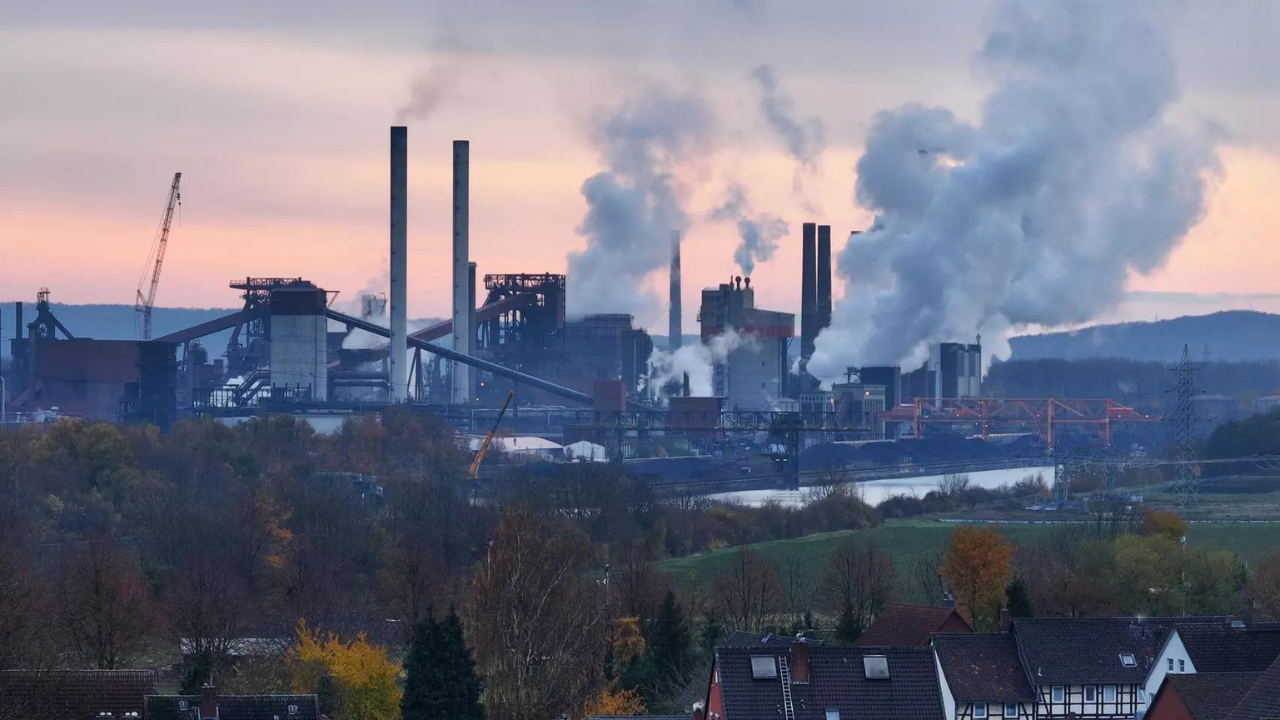MUMBAI: Considering that the energy and building sector is a significant contributor to greenhouse gas emissions, the Department of Environment and Climate Change, Government of Maharashtra on Friday launched the “Maharashtra City Decarbonisation Roadmap for Energy and Building Sector” at an event held at Y B Chavan Centre on Friday.
Pravin Darade, Principal Secretary, Department of Environment and Climate Change, Government of Maharashtra, Abhijit Ghorpade, Director, State Climate Action Cell, Sudhakar Bobade, Mission Director, Majhi Vasundhara
Abhiyaan and Vidya Hampayya, deputy secretary, Urban Development Department (UDD-2) were present.
Around 43 cities in Maharashtra have committed towards achieving net zero carbon emissions through the UNFCCC-backed Cities Race to Zero (CRtZ) campaign in 2021. Some of these cities have also committed to ‘Develop Zero Carbon Buildings’, a theme in the CRtZ.
Roadmap prepared in partnership with C40 and Environmental Design Solutions [EDS] as technical experts, outlines a pathway to energy transition at the city level. It identifies strategies at city level for decarbonising buildings, energy supply and management besides institutional strengthening. The map to follow will help cities scale-up energy efficiency, reduce GHG emissions, reduce reliance on fossil fuels and lower energy operation costs, said a release.
Pravin Darade, Principal Secretary, Department of Environment and Climate Change, Government of Maharashtra, Abhijit Ghorpade, Director, State Climate Action Cell, Sudhakar Bobade, Mission Director, Majhi Vasundhara
Abhiyaan and Vidya Hampayya, deputy secretary, Urban Development Department (UDD-2) were present.
Around 43 cities in Maharashtra have committed towards achieving net zero carbon emissions through the UNFCCC-backed Cities Race to Zero (CRtZ) campaign in 2021. Some of these cities have also committed to ‘Develop Zero Carbon Buildings’, a theme in the CRtZ.
Roadmap prepared in partnership with C40 and Environmental Design Solutions [EDS] as technical experts, outlines a pathway to energy transition at the city level. It identifies strategies at city level for decarbonising buildings, energy supply and management besides institutional strengthening. The map to follow will help cities scale-up energy efficiency, reduce GHG emissions, reduce reliance on fossil fuels and lower energy operation costs, said a release.







